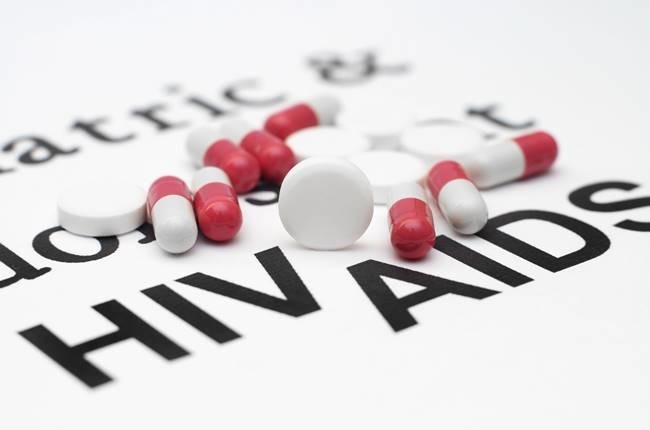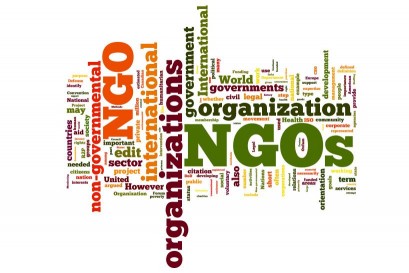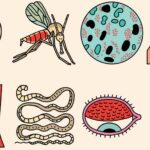Health Ministry Aims to Leverage Data for Enhanced HIV Treatment Coverage

In a move to bolster HIV response and treatment coverage across the nation, the Federal Ministry of Health has unveiled plans to harness the power of data. This resolute commitment was voiced by the Permanent Secretary, Mrs. Kachollom Daju, during a scientific roundtable series convened in Abuja on Wednesday.
Speaking through Mr. Gbenga Ijaodola, the Director of Health Planning, Research, and Statistics in the ministry, Mrs. Daju emphasized the pivotal role data plays in addressing HIV cases. The event, orchestrated by the Centre for Integrated Health Programmes, a non-governmental organization, sported the theme “TIME TO ACT: Using the power of data to reach missing children, young people, and the most vulnerable towards Universal Health Coverage.”

“We will refine our data collection methodologies to accurately pinpoint areas of concern,” pledged Mrs. Daju. “This will empower us to marshal essential resources necessary for a comprehensive HIV response.”
Collaboration was a recurring chord in her discourse. “By joining forces with the organization, we can pool our intellectual capital and amplify our efforts to drive improvement,” she stated.
The ultimate goal is to transmute data into actionable initiatives, a conduit through which problem areas are identified and subsequently addressed.
Mrs. Daju underlined the inherent significance of data in achieving universal health coverage, a metric anchored in measurable figures. “Data is our compass in this journey. It will illuminate the path toward our targets,” she asserted. “As we accumulate data, we will gain a clearer perspective and ensure that we stay on course.”
Dr. EBolanle Oyeledun, the Chief Executive Officer of CHIP, expounded on the essence of the program, rooted in the utilization of expansive data reservoirs to elevate HIV service delivery in Nigeria. The aspiration is nothing short of acquiring a comprehensive dataset of individuals living with HIV.
“This initiative hinges on a robust framework of data analysis,” Dr. Oyeledun explained. “We are determined to ensure that no one slips through the cracks. Our focus is on synergy, involving stakeholders and the affected community to maximize our impact.”
Dr. Oyeledun elaborated on the ongoing efforts to refine and expand their data collection efforts. “The data we gather will act as a beacon, highlighting areas where intervention is most urgently required,” she stated. “Our methodology is a twofold approach – identifying gaps and implementing effective solutions.”
The collaborative spirit, underscored by Dr. Oyeledun, has already borne fruit, facilitating access to alternative HIV medications and providing comprehensive follow-up care to prevent treatment discontinuity. The symbiotic partnership between CHIP, the government, and relevant stakeholders bodes well for fortifying Nigeria’s battle against HIV.



